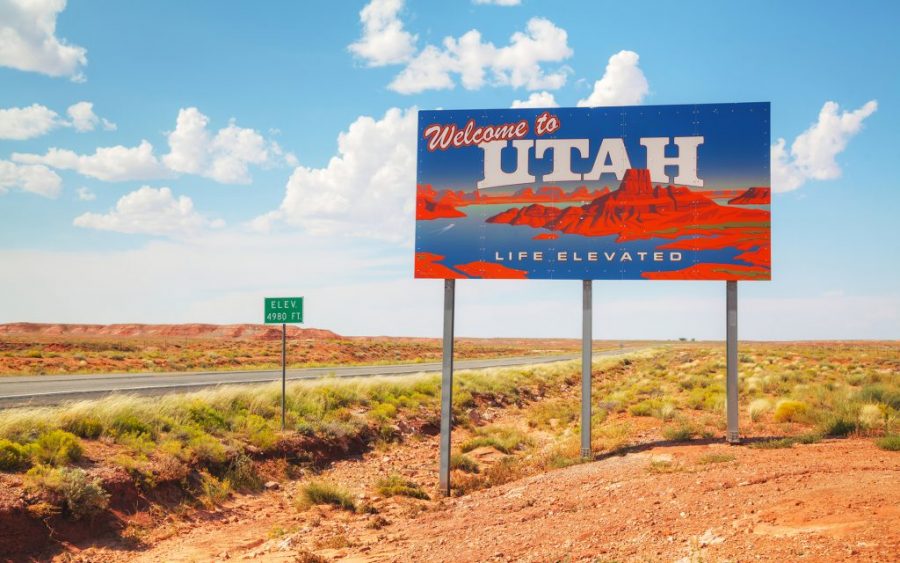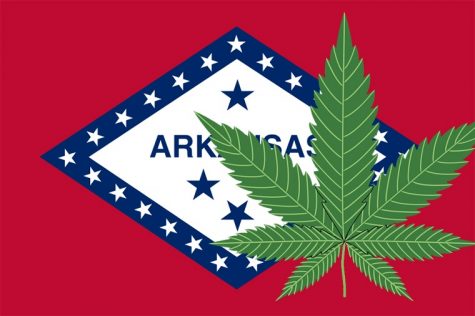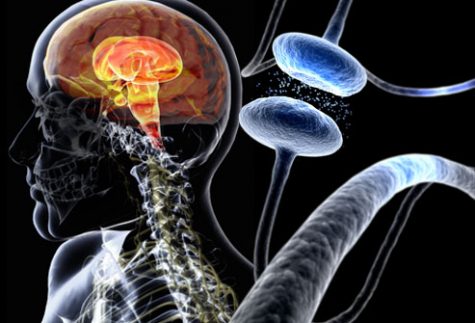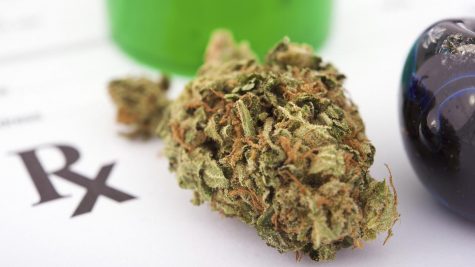Eight cannabis cultivators in Utah awarded licenses out of a possible 10
Utah’s licensed medical cannabis cultivators must undergo background checks before the permits are validated
Medical cannabis growers in Utah were left feeling disappointed this month when just eight out of 10 cultivation licenses were issued amongst the state’s growers by the Utah Department of Agriculture and Food (UDAF) and the Utah Division of Purchasing (UDP).
Licenses were bagged by Dragonfly Greenhouse, Harvest of Utah, Oakbridge Greenhouses, Standard Wellness Utah, True North of Utah, Tryke Companies Utah, Wholesome Ag. and Zion Cultivars.
Why have Utah’s medical cannabis regulators distributed just eight out of an available 10 licenses to growers, you ask? According to the Hemp and Cannabis Program Director for UDAF, Andrew Rigby, the decision was made to prevent supply from outpacing demand.
“The decision to only award eight licenses was made to avoid an oversupply of product, while still maintaining a healthy diversity of cultivators for purposes of competition of product quality and patient pricing,” said Rigby.
81 applicants competed for a license to grow medical cannabis in Utah
Out of 81 applications, just eight were approved by state regulators. UDAF commissioner Kerry W. Gibson says that around half of the accepted applicants have already launched cannabis companies in-state, while the remaining handful operates businesses outside of Utah; licensed out-of-state companies maintain connections with Utah’s medical cannabis industry.
“I want to personally thank all the businesses and individuals who participated in this process,” expressed Gibson in a press release. “Our committee spent hundreds of hours reviewing 81 applications to make sure they selected the top producers who will deliver a high-quality, safe product for Utahns.”
She says that one of Utah’s cannabis cultivation facilities will be based in an urban setting, while the other seven grow sites will be scattered around rural parts of the state.
Licenses for medical cannabis cultivation in Utah are still pending
Utah’s licensed medical cannabis cultivators must undergo background checks before the permits are validated. Operation plans must also be drafted before the selected growers can commence with the cultivation of cannabis for Utah’s medical cannabis industry, which launched following legalization by ballot measure in November 2018.
“While these eight have been selected, the final approval of their licenses are still pending the completion of the background checks and compliance with other aspects of the law and rules,” said the Senior Policy Analyst for UDAF, Melissa Ure, in an official press release.
Four years prior to the passing of the Utah Medical Cannabis Act, a CBD-only law was approved. CBD (cannabidiol) is a non-psychoactive constituent of both cannabis and hemp plants. Under Utah’s medical cannabis law, the use and possession of low-THC oil is legal.
THC (tetrahydrocannabinol) is the cannabis plant’s mind-altering compound and when combined with CBD, the cannabinoids produce work synergistically to produce a range of therapeutic synergistic effects, such as pain, anxiety and seizure relief.
Dispensaries in Utah that plan on stocking and selling plant-based medicines to patients must be provided with supplies by January of 2021.











